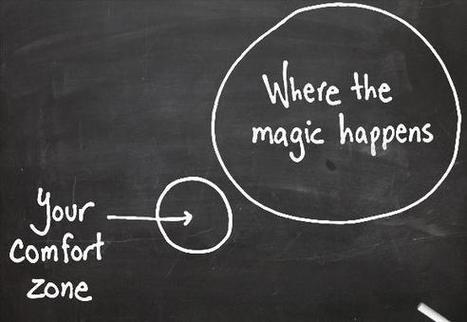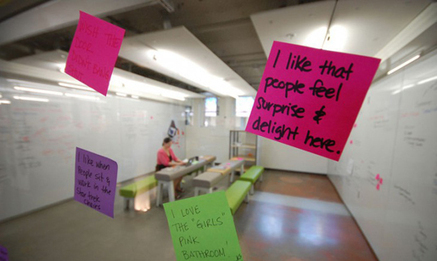by Thom Markham
"A small number of schools around the country that began life as charters or academies have developed successful inquiry-based systems. But spurred by the Common Core and the urgency to teach 21st century competencies, a huge wave of settlers is now trying to emulate the pioneers by becoming “inquiry-based” schools. By and large, this group is composed of well-performing K–12 schools—neighborhood schools with solid test scores, a traditional approach, and a winning formula that makes them resistant to change. To ramp up, they usually sponsor a few days of professional development in project-based learning or Common Core instruction, but don’t address the backbone of the school organization or culture. The results for project based learning have been predictable. High-quality, engaging project-based work has thrived in a few classrooms, but failed to establish itself and flourish. The breakthrough behaviors seen in the pioneering schools haven’t occurred. Teachers shrug, and carry on.
"But a historical moment has arrived. Confusion over the Common Core and uncertainty about the role of standards in general, explosive technologies that have finally reached and overwhelmed brick-and-mortar processes in schools, and the panicky recognition that competency in today’s world requires skills and resiliency in addition to a degree—these and other factors have suddenly fractured the industrial model beyond repair."



 Your new post is loading...
Your new post is loading...













